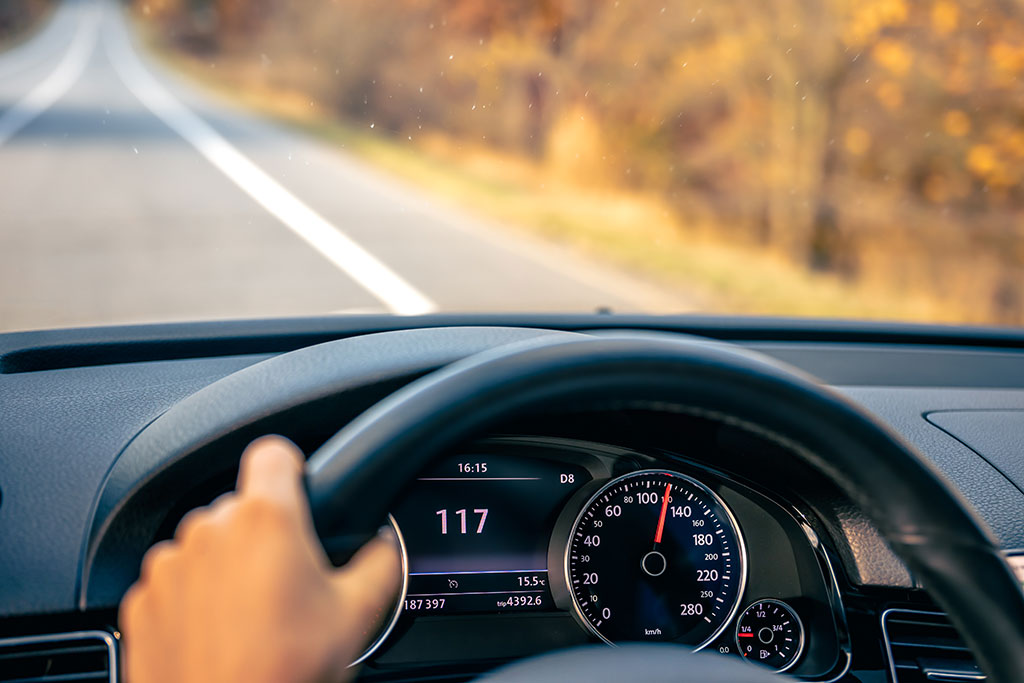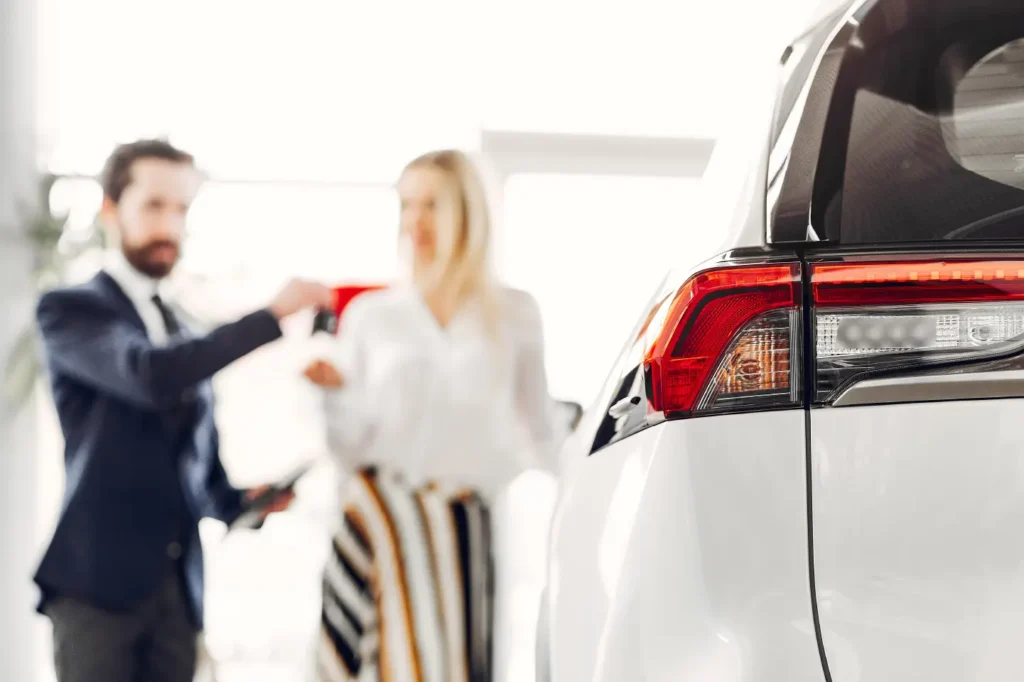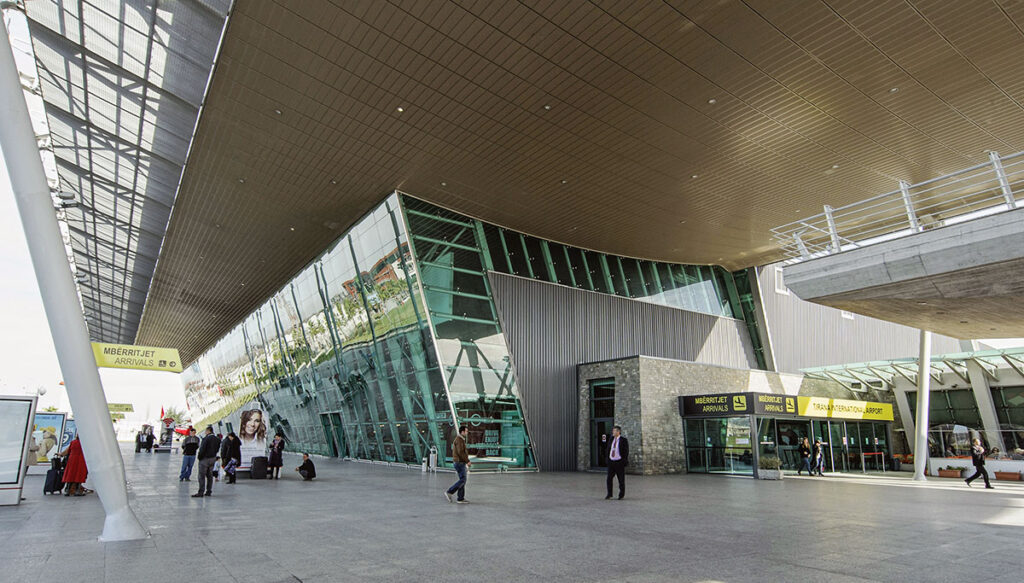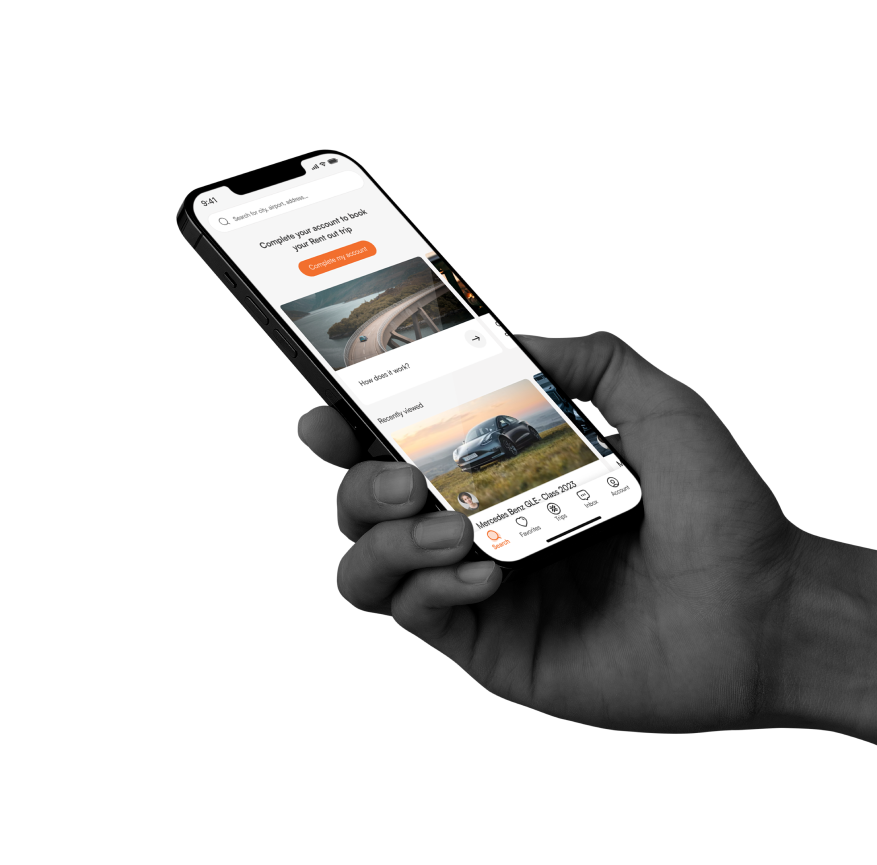In the face of soaring gasoline prices, drivers are increasingly seeking ways to curb their fuel consumption. Whether you find yourself navigating the roads in your own vehicle or a rented one, there exist practical and common-sense strategies to mitigate the impact on both your wallet and the environment. In this guide, we’ll delve into seven effective ways to reduce fuel consumption, providing detailed insights and actionable tips for every driver looking to make a positive difference.
Plan Ahead
A crucial step in minimizing fuel consumption is meticulous planning. Use tools like Google Maps to chart out the most efficient route and survey parking options at your destination. This foresighted approach not only reduces aimless circling for parking spaces but also alleviates stress while saving on unnecessary fuel consumption.

Choose a Fuel-Efficient Vehicle
Not all vehicles are created equal in terms of fuel efficiency. Before purchasing or renting a car, conduct thorough research to identify models renowned for their economic fuel consumption. Generally, smaller cars tend to be more fuel-efficient. If renting, consult with the rental company for tailored advice on selecting a model that aligns with your needs.
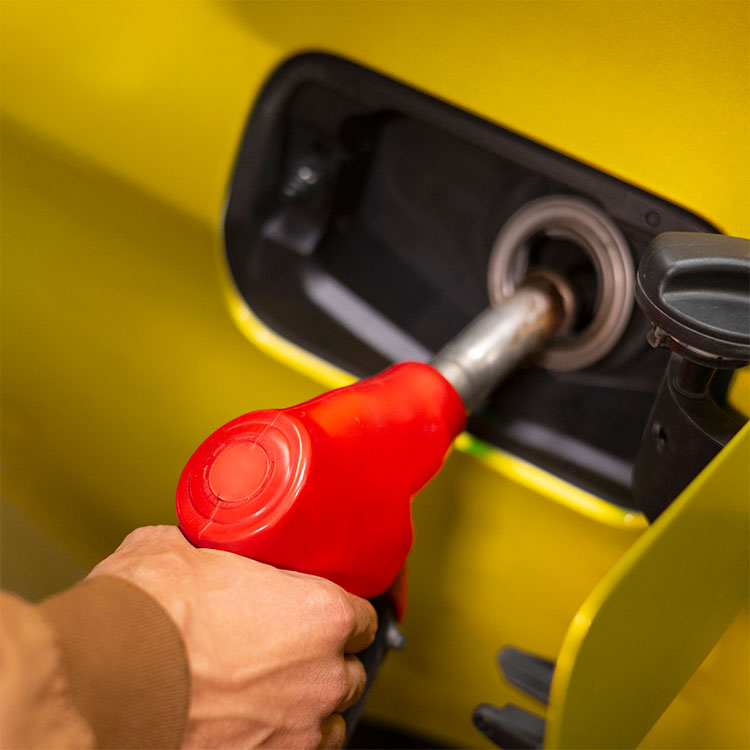
Cut Down on Driving Time
Opt for alternative modes of transportation for short trips, such as walking or cycling. Embrace carpooling with friends or colleagues, and consider having non-perishable goods delivered to your doorstep. Every mile not driven contributes to fuel savings. Additionally, for personal vehicles, adhere to a regular maintenance routine to ensure optimal fuel efficiency.
Fuel Type Considerations
Consult your owner’s manual to identify the suitable fuel types for your vehicle. Some gas grades are more cost-effective than others. Conduct research on gas stations along your route, as even slight variations in price per gallon can accumulate significant savings over time.
Maintain a Half-Full Tank
Keeping your fuel tank at least half full provides flexibility in choosing when and where to refuel. This proves especially helpful during congested periods, such as holiday travel or adverse weather conditions, where planning ahead becomes essential.
Streamline Your Vehicle
Minimize aerodynamic drag by removing roof racks when not in use and reducing heavy loads in the trunk. Even an empty roof rack can impact fuel efficiency. Opt for a manual transmission for better control, and adopt a smoother driving style to reduce rapid accelerations and unnecessary braking.
Minimize Idling and Air Conditioning Use
Turn off the engine if stationary for more than 15 seconds to conserve fuel. Extended idling consumes unnecessary gas. When using air conditioning, employ it judiciously. In mild weather, open a window instead, and during hotter days, set the AC to recirculate mode for reduced fuel consumption.
